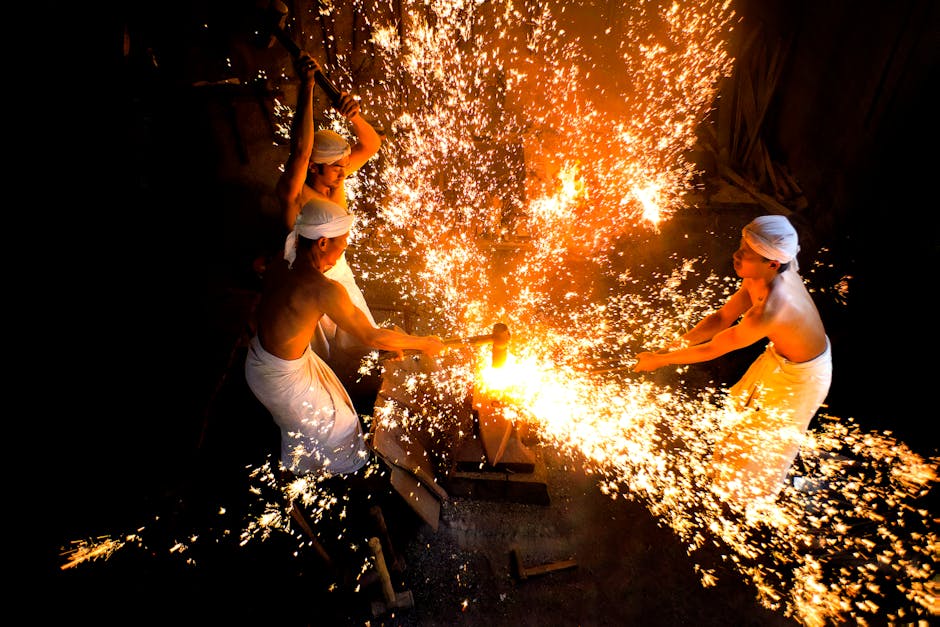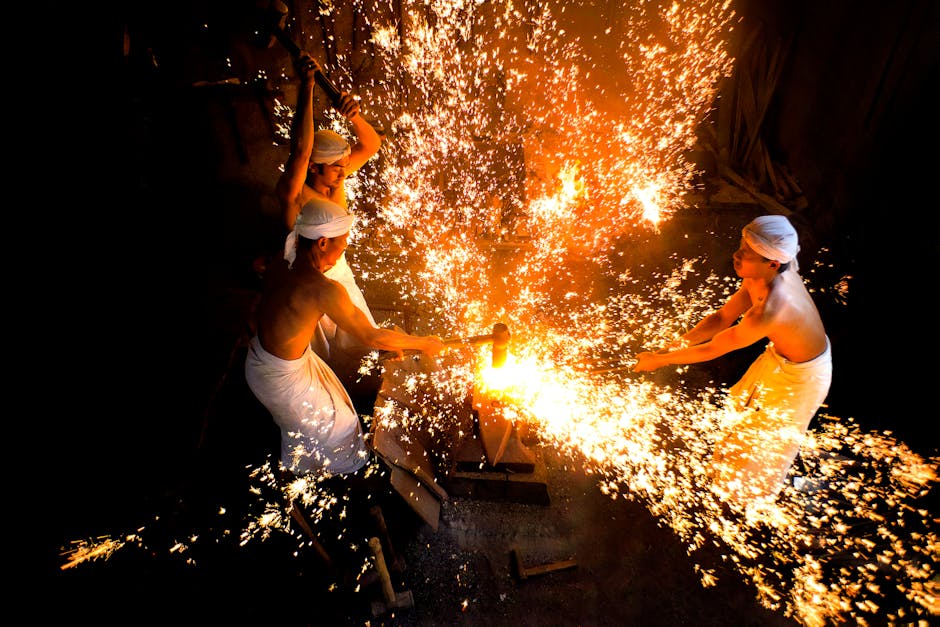Does Matcha Cause Iron Deficiency? Unpacking the Complex Relationship Between Matcha and Iron Absorption
Matcha, the finely ground powder of green tea leaves, has surged in popularity due to its purported health benefits. However, concerns have arisen regarding its potential impact on iron absorption. This article delves deep into the science behind this relationship, exploring the evidence, the complexities involved, and providing practical advice for individuals concerned about their iron intake.
Understanding Iron Absorption and its Importance
Iron is an essential mineral crucial for various bodily functions, including oxygen transport, energy production, and immune function. Iron deficiency, a prevalent nutritional deficiency worldwide, can lead to several health issues, ranging from fatigue and weakness to anemia and impaired cognitive function. The body absorbs iron from two primary sources: heme iron (found in animal products) and non-heme iron (found in plant-based foods like matcha).
Non-heme iron, while readily available in many plant-foods, is less efficiently absorbed compared to heme iron. Several factors influence the absorption of non-heme iron, including the presence of inhibitors and enhancers in the diet.
Matcha’s Composition and Potential Impact on Iron Absorption
Matcha, being a plant-based food, contains non-heme iron. However, its nutritional profile also includes compounds that can potentially affect iron absorption. One key component is tannins, polyphenols known to bind with non-heme iron, rendering it less bioavailable. This means that the body cannot absorb it as efficiently, reducing its overall contribution to iron stores.

Furthermore, matcha contains various other compounds, such as oxalates, which can also hinder iron absorption. These compounds compete with iron for binding sites in the digestive tract, reducing the amount of iron available for uptake.
The Role of Tannins in Iron Absorption
Tannins are abundant in many plant-based foods, including tea. These compounds interact with iron, forming complexes that are difficult for the body to absorb. The extent of this interaction depends on factors such as the type of tannin, the concentration of tannins in the food, and the presence of other dietary components that can either enhance or inhibit iron absorption.
While tannins in matcha can reduce iron absorption, it’s crucial to note that the amount of tannins present varies depending on the quality and processing of the matcha. High-quality matcha generally undergoes careful processing techniques aimed at minimizing the detrimental effects of tannins.

Other Factors Affecting Iron Absorption from Matcha
Besides tannins, several other dietary components can influence iron absorption from matcha. For instance, vitamin C is a known iron absorption enhancer. Consuming matcha with a source of vitamin C, such as citrus fruits or berries, can potentially mitigate the inhibitory effects of tannins.
Conversely, factors like calcium and phytates (found in grains and legumes) can also interfere with iron absorption. These compounds compete with iron for absorption, reducing its bioavailability.

The Evidence: Does Matcha Significantly Reduce Iron Levels?
Currently, there’s a lack of definitive research specifically examining the impact of matcha consumption on iron levels in humans. Most studies focus on the effects of tea in general, and the results are often contradictory. Some studies suggest that regular tea consumption can lead to a decrease in iron levels, while others show little or no impact.
The conflicting results are likely due to several factors, including:
- Variability in tea types and preparation methods: Different types of tea contain varying amounts of tannins and other compounds affecting iron absorption.
- Individual differences: Iron absorption and metabolism vary significantly between individuals based on genetics, gut health, and overall dietary intake.
- Study design and methodology: The methodologies used in different studies can influence the results obtained.
Therefore, while matcha, like other teas, contains compounds that can potentially inhibit iron absorption, it’s premature to conclude definitively that it causes iron deficiency in the majority of people.
Who Should Be Concerned?
Individuals at higher risk of iron deficiency, such as:
- Pregnant women: Increased iron demand during pregnancy makes them particularly vulnerable to deficiency.
- Vegetarians and vegans: They rely solely on non-heme iron sources, which are less efficiently absorbed.
- Individuals with existing iron deficiency or anemia: They should be cautious about consuming foods that may further impair iron absorption.
- People with conditions affecting iron absorption: Certain medical conditions can impair the body’s ability to absorb iron effectively.
These individuals should consult with their healthcare providers before significantly increasing their matcha consumption or making significant dietary changes.
Strategies to Optimize Iron Absorption from Matcha
If you enjoy matcha and are concerned about its potential impact on iron absorption, you can implement several strategies to mitigate the risks:
- Pair matcha with vitamin C-rich foods: Consuming matcha with foods rich in vitamin C, such as oranges, strawberries, or bell peppers, can enhance iron absorption.
- Don’t drink matcha immediately after meals: Spacing out the consumption of matcha from other meals can reduce the potential interference from other dietary components.
- Choose high-quality matcha: High-quality matcha undergoes careful processing techniques, minimizing the impact of tannins.
- Maintain a balanced diet: A diverse diet rich in iron-rich foods, both heme and non-heme, is crucial to ensure adequate iron intake.
- Consider iron supplements: If you’re concerned about your iron levels, consult your doctor about the possibility of taking iron supplements.
Conclusion
The relationship between matcha and iron absorption is complex. While matcha contains compounds that can potentially inhibit iron absorption, there is currently insufficient evidence to definitively state that it causes iron deficiency in healthy individuals. The impact of matcha on iron status likely depends on several factors, including the individual’s overall diet, health status, and the quality of matcha consumed. Those at higher risk of iron deficiency should take precautions and consult with their healthcare provider before making significant dietary changes.
Prioritizing a balanced diet rich in iron-rich foods and vitamin C, coupled with informed choices regarding matcha consumption, can help ensure adequate iron intake and maintain good overall health.

